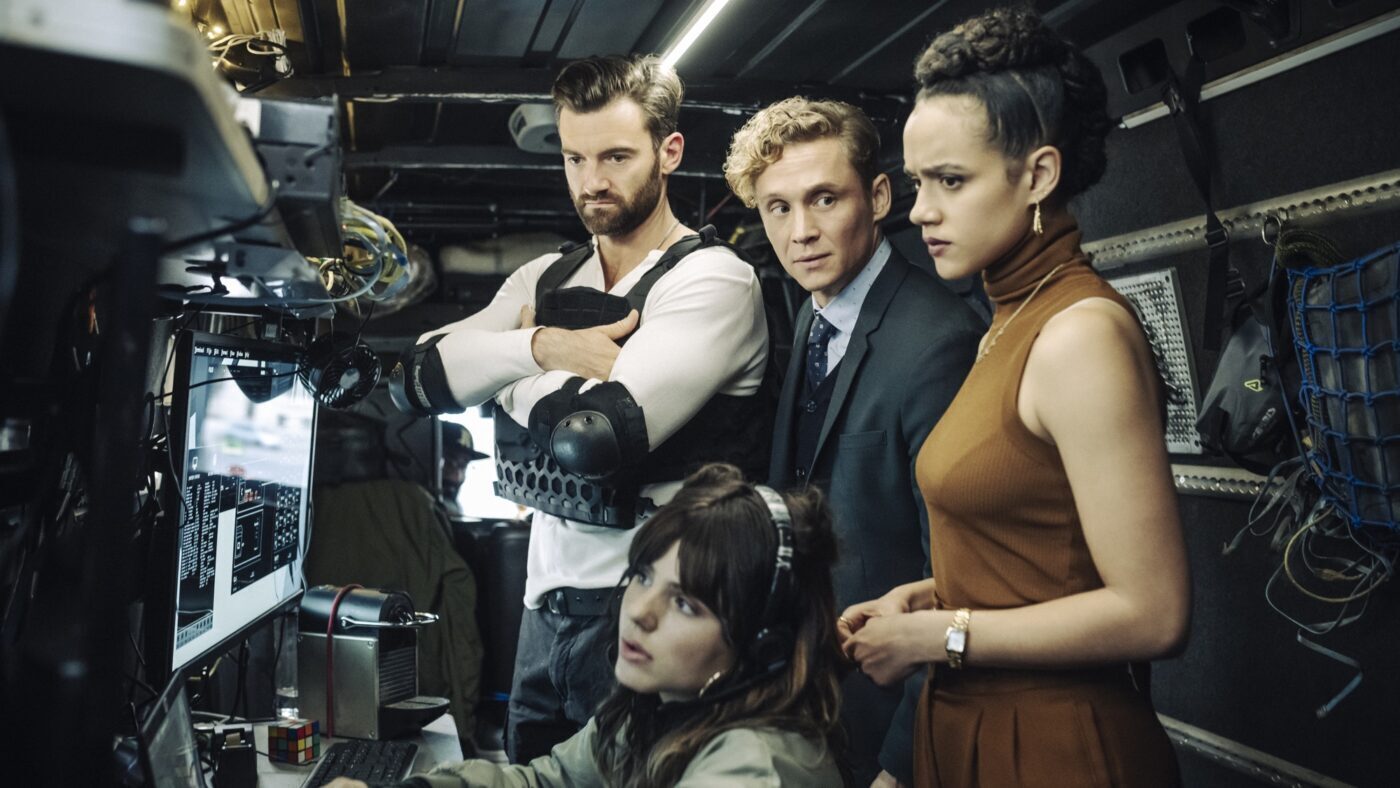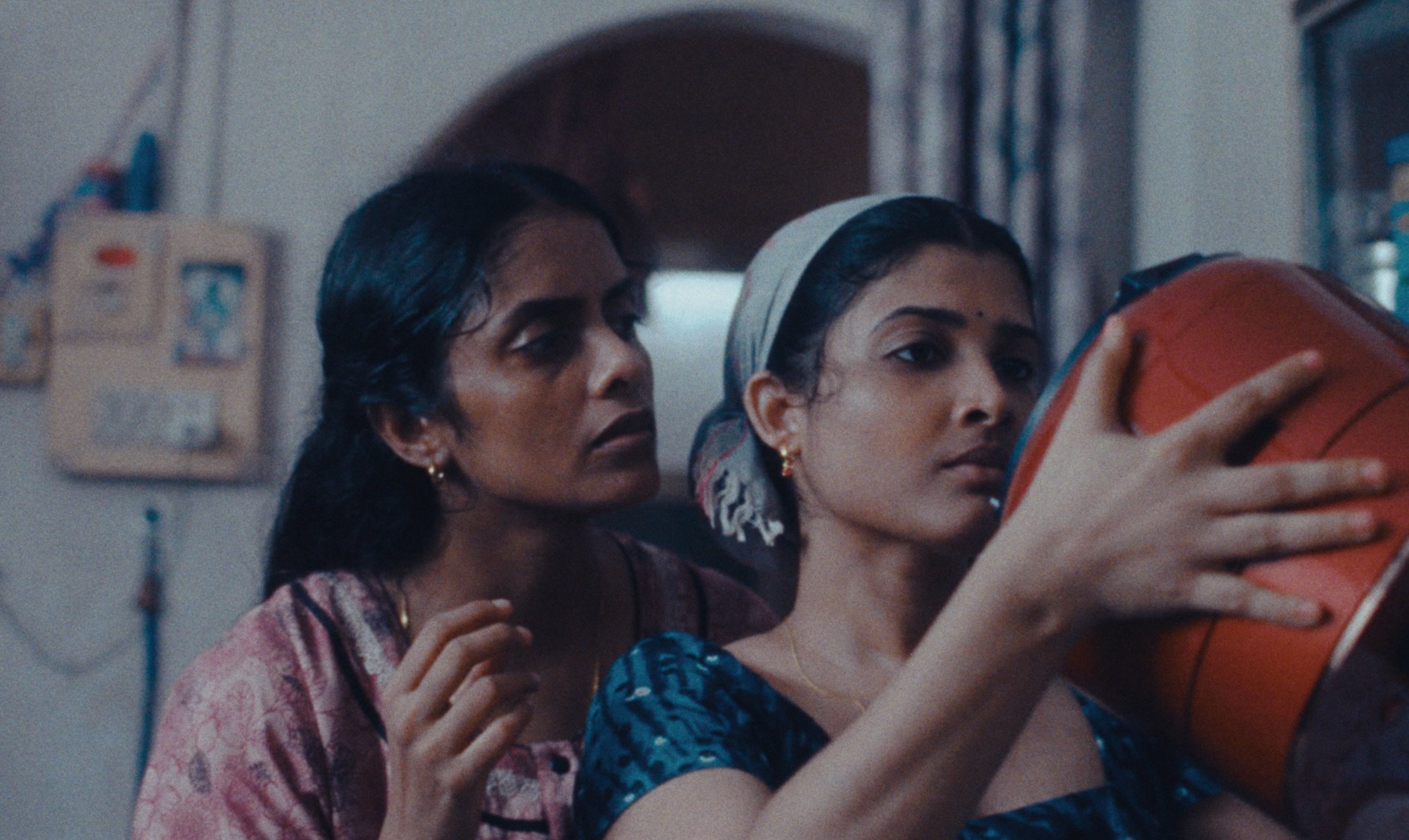Francis Ford Coppola may just be one of the most well-known and well regarded filmmakers of our time. From The Godfather (1972) to Apocalypse Now (1979), Bram Stoker’s Dracula (1992) to The Conversation (1974), his superb filmography still renders him a must-watch for many, even this far along in his career. Expected to be his final film, Megalopolis is as close to a passion project as it comes; self-financed and workshopped since the late 70s, it’s a film that Coppola has had his heart set on making throughout his career. Described as a Roman epic, the story follows genius artist Cesar Catilina (Adam Driver) who seeks to leap the City of New Rome into a utopian, idealistic future, while his opposition, Mayor Franklyn Cicero (Giancarlo Esposito) remains committed to a regressive status quo, perpetuating greed, special interests and partisan warfare. Torn between them is socialite daughter Julia Cicero (Nathalie Emmanuel), the Mayor’s daughter, whose love for Cesar has divided her loyalties. A whirlwind of insane ideas, admirable creativity and complex themes, Megalopolis is bound to divide audiences due to tackling too much, despite many of its elements having merit.
Despite the audience’s hesitance with this film, the one element that’s bound to get viewers in seats is the cast. Megalopolis is helmed by Adam Driver in the leading role of Catilina, and as always, he fully immerses himself to deliver exactly what the role requires. His filmography certainly has a few unusual turns, most recently White Noise (2022) and Annette (2021), with his performance in Megalopolis following suit and allowing him to tap into his unconventional side. He is fantastic, creating a character that emits equal parts intelligence and sass. It’s hard to imagine anyone else in the role. Outside of Driver, the cast is stacked, featuring the likes of Jon Voight, Nathalie Immanuel, Aubrey Plaza, Giancarlo Esposito, Shia LaBeouf, Jason Schwartzman and more. They’re all good in their own right, especially Plaza and LaBeouf, whose wacky turns are hard not to fall for. The talent on display is mesmerizing, but there’s something that stops it from working – the disconnect. Every actor and character feels like they’ve been plucked from a different film set, meaning a true lack of chemistry that ultimately hinders enjoyment. Half of the cast, including Driver, Plaza, LaBeouf and Voigt largely go down the comedy route, with the other half playing it completely straight – especially Esposito. This flaw doesn’t appear to be the fault of the cast, but of the script and direction – there’s a real mismatch present. Furthermore, with a cast this huge, underutilization is apparent.

There’s a lot to take in with Megalopolis as far as the storyline is concerned. On the one hand, it’s a fairly straightforward flick to follow, throwing you into a world of corruption, political ambition and love. Lengthy run-time and complex-sounding plot aside, the story is easier to follow along than many would expect, and if you can see through its outlandish approach, there’s a great narrative here with a worthwhile message. The comparison of the Roman Empire to today’s society is certainly intriguing, and it blends together historical elements with a futuristic approach pretty seamlessly. It demands you to look at the bigger picture and certainly has something to say about society. On the flip side of this, the script pollutes itself with too many ideas, and a desire to be weird and shocking for the sake of it. There are other themes at play here that go under explored, most notably Catilina’s rocky relationship with his mother, Coppola’s self reflection and the idea of time (or the lack thereof). We learn pretty quickly into the runtime that Catilina has the ability to stop time, but anytime this happens, it’s so tonally inconsistent with the rest of the movie that it feels jarring. There’s choices within every element of the filmmaking that appear to be there simply to shock, from the clunky editing to the way the characters move around the screen – even the names of the characters. The script flits between comedy and sci-fi drama so frequently that it feels jumbled and contrived, ultimately taking away from some of the messaging. The humor works, as do the deeper themes and ideas, it just fails to come together.
The technical aspects are as much of a mixed bag as the other elements. There is so much beautiful cinematography on display, especially within the frequent rooftop scenes that see our characters overlooking the city. The use of clock faces is aesthetically pleasing, and there’s a golden sheen to the color grading that gives each shot a rich vibe in keeping with the Roman setting. The golds feel very royal, with interesting juxtaposition against the futuristic backdrop. However, there are many sequences in which the screen feels too full of ideas. There are some shaky visual effects that hinder the immersive nature of the world-building, occasionally giving it a cheap feeling. The smaller, more intimate shots look beautiful, whereas the larger ones appear overstuffed and far too digital. The original score matches the tone of the movie perfectly, complimenting both the storyline and the cinematography. The editing has high points and low points, and is certainly better when attempting less. Francis Ford Coppola knows what he’s doing as a filmmaker and there is plenty of evidence of that. That being said, his bold ideas often get in the way. There’s far too much going on here.
The word of mouth since Megalopolis’ debut at Cannes has been pretty negative. Dubbed as ‘Megaflopolis’ even before its wide release, cinema-goers have been managing their expectations before taking the plunge into this complex odyssey. Suffice it to say that Megalopolis doesn’t hit a home run, as it feels messy and jumbled in storyline, performances and themes. However, there’s undeniably some incredible filmmaking on display making it worth a viewing, especially within the cinematography and its overarching unique, creative nature. With each positive attribute, a negative follows closely around the corner, resulting in a middle of the road affair. Delving into a passion project is always worthwhile, especially when delivered by a filmmaker of this caliber. It won’t be for everyone, and it admittedly gets a lot wrong by tackling far too much in every aspect, but those willing to give it the time and patience it requires will find plenty to chew on.






